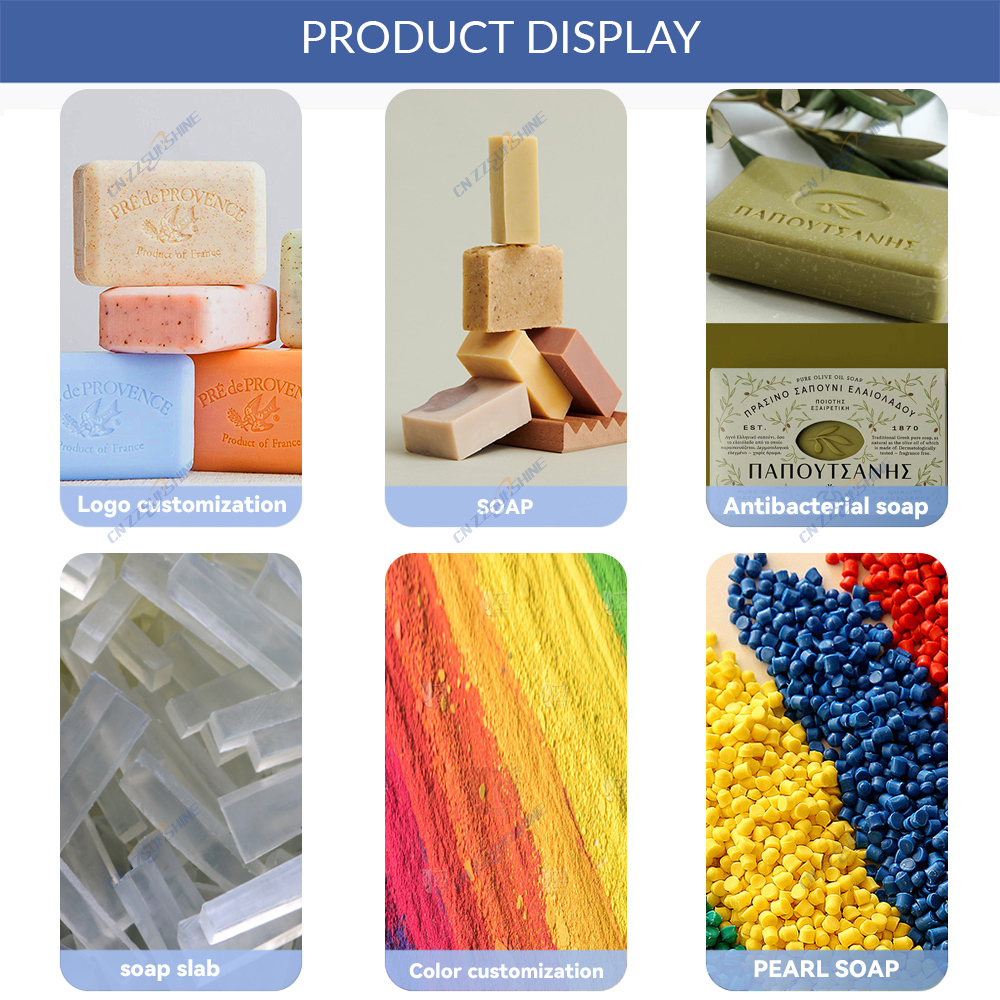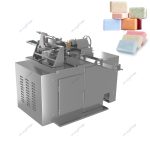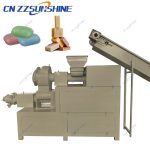Streamlining soap manufacturing requires precision-engineered equipment integration. Modern soap making production lines incorporate specialized components like vacuum plodders and industrial mixers for chemical processing to achieve uniform texture and eliminate air pockets. For bar soap manufacturing, a robust soap plodder machine ensures optimal density and consistency before extrusion.
Critical stages include mixing base oils and lye in high-shear industrial mixers, refining compounds using three-roller mills for cosmetics-grade smoothness, and vacuum processing to remove impurities. Downstream, custom soap cutting machines or electric washing soap cutters deliver precise sizing with minimal waste. Automated systems shine in toilet soap finishing lines where stamping, polishing, and packaging occur seamlessly.
Laundry bar soap production lines demand heavy-duty plodders capable of handling higher alkali content, while bath soap making machines prioritize gentle processing of delicate fragrances and moisturizers. Integrating automatic soap production lines with automated packing machines for food-grade wrapping boosts throughput by 40%.
Key advantages of integrated systems:
– Vacuum plodder technology enhances product stability and longevity
– Modular designs allow customization between laundry soap making lines and beauty soap making lines
– PLC-controlled cutters maintain dimensional accuracy across 10,000+ units
– Energy recovery systems in plodders reduce operating costs
Leading manufacturers now offer turnkey solutions combining soap mixer units, triple-stage plodders, and cutter arrays with IoT performance monitoring. This holistic approach minimizes human intervention while maximizing hygiene – critical for cosmetics and toilet soap finishing lines. For optimal ROI, prioritize OEM equipment with quick-change components that adapt to diverse formulations from laundry detergents to luxury beauty bars.





